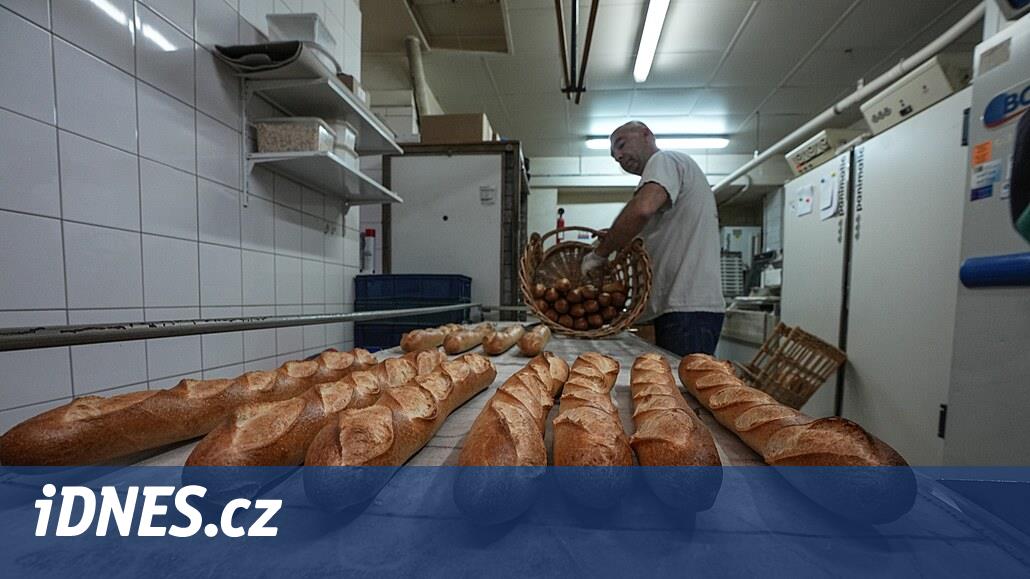It is recognized by the professional baking community. A baguette is flour, water, salt, sugar and craft skills, says Dominique Anract, president of the French National Confederation of Bakers and Confectionery.
Consumption of baguettes in France has gradually decreased, 12 million people eat them every day. The number of artisanal bakeries following the traditional French pastry-making process is dwindling.
Last year it was 55k, currently there are only about 35k in commercial bakeries. The inscriptions on the UNESCO list are primarily aimed at preserving tradition, according to the politician who nominated the baguette for the first list in 2021.
The French name baguette means very small. The traditional bread nomination was also supported by President Emmanuel Macron who declared the baguette to be 250 grams of magic and perfection.
The baguette, which is today a worldwide symbol of France, has been a major part of the French diet for at least 100 years, and there are several rumors about its origins. According to one of them, it was invented by the baker Napoleon Bonaparte so that his soldiers could wear their clothes better. According to another legend, the baguette was invented by Austrian baker August Zang, according to Reuters news agency.
This week, the committee is evaluating 46 proposals for inclusion on the list of intangible cultural heritage, including a joint proposal for esk and another five hundred for inclusion of religious buildings on this list. The nomination will be decided on Thursday.
Cuban rum, Korean polfka and Japanese dance
As well as French baguettes, traditional production of Cuban rum and North Korean half noodles, traditional Korean mask dances and Japanese furj odori dances are on the UNESCO list of intangible cultural heritage. The Intergovernmental Committee for the Protection of the Intangible Cultural Heritage of UNESCO is currently evaluating 46 proposals, including nominations from the Czech Republic, Austria, Germany, Latvia, Poland and Spain for the inclusion of pagan sites on this list.
The recognized rum-making tradition and knowledge of Cuban masters is a great honor for us, one Cuban master rum maker, Asbel Morales, told the AFP news agency. For more than 155 years and eight generations, the knowledge of making this drink has been shared. This light rum with 40 percent alcohol is made from tin syrup or molasses, reports AFP. It is a way of life that includes a code of ethics, respect for Cuban rum culture, its history, and proven procedures for passing signs and markets, which are part of Cuba’s proposal to UNESCO.
The committee meeting in central Rabat, Morocco, included, for example, the French baguette, a traditional Korean masked dance called the talchum, which combines dance with performance, and thus elements of theatre. Also new to the UNESCO list are the Japanese ritual dance furj odori and the preparation of half nung noodles, which are a North Korean dish.
Among the proposals to be decided by the UNESCO committee, for example, several countries, including Slovakia, have requested a breeding list of the Lipice horse breeds, Serbia has submitted a request for a list of the traditions of making Ljivovica diapers. , and several countries in the Middle East wish to jointly register the breeding datebook.

“Certified bacon geek. Evil social media fanatic. Music practitioner. Communicator.”







